
During the weekend I was watching television when the logo to the right appeared on the screen. I asked someone present (who has little interest in football) "what do you think of when you see that?" The immediate reply was "Man Utd". It was the answer I expected.
I thought to myself, what a remarkable piece of advertisement this was by Sharp Corporation given that the relationship with the Manchester United jersey ended more than 20 years ago! And what a deal United got too given that people still think about their brand when they see the word "Sharp". It demonstrates the reach that sport - and by extension - the football jersey has on the lives of people with little or no interest in the sport.
As a follow up, I asked the person "what do you think of when we see the logos below?" "Liverpool and Arsenal" was the reply.
In the case of Liverpool, the Danish beer company had been preceded by Candy, Crown Paints and the Hitachi. In Arsenal's case, the longevity of JVC is to be admired, spanning from 1981 to 1999. it was also the club's first sponsor and maybe one of the reasons why the association which ended in the 20th century, continues today.
Such long term relationships are not the norm. Bolton Wanderers and Reebok continue to hold the recorded for the longest Premier League status quo (I think) but Arsenal's current arrangement with Fly Emirates is closing in on that. The North London side hold the present record having started the relationship back in 2006. Chelsea had been the sponsor's go-to club from 2001-2005 but the airline then switch blue for red.
Whether they continue as long as JVC, or get the legacy effects, remains to be seen. One thing is for sure. Sharp will also be Manchester United. Carlsberg Liverpool. And JVC Arsenal.
There are many others than I am sure you can associate with the past. Commodore, Holston, Brother, NEC....

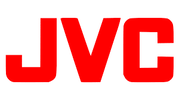

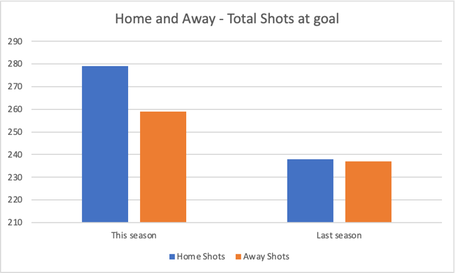
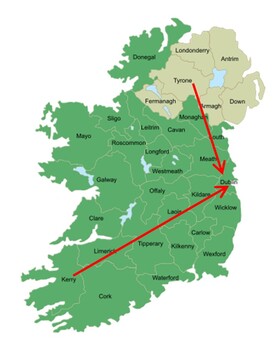
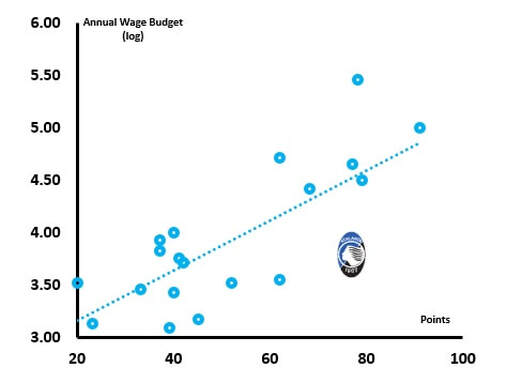
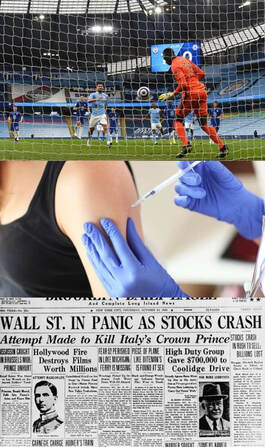
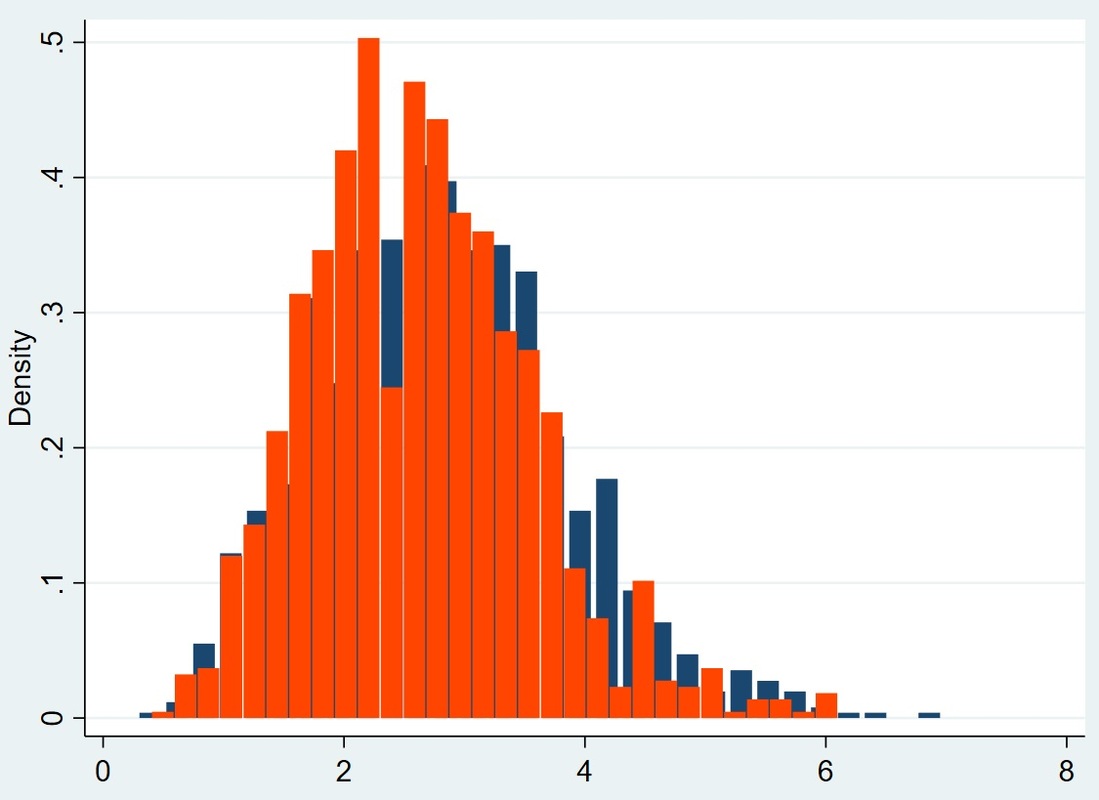
 RSS Feed
RSS Feed